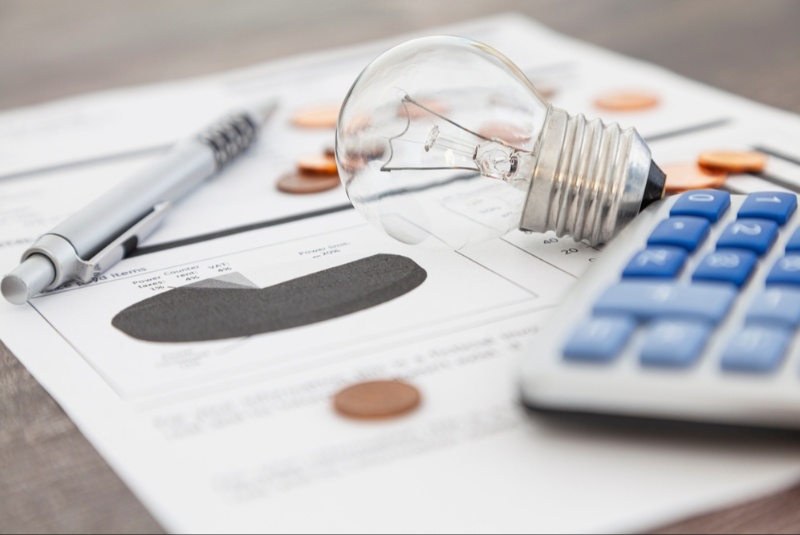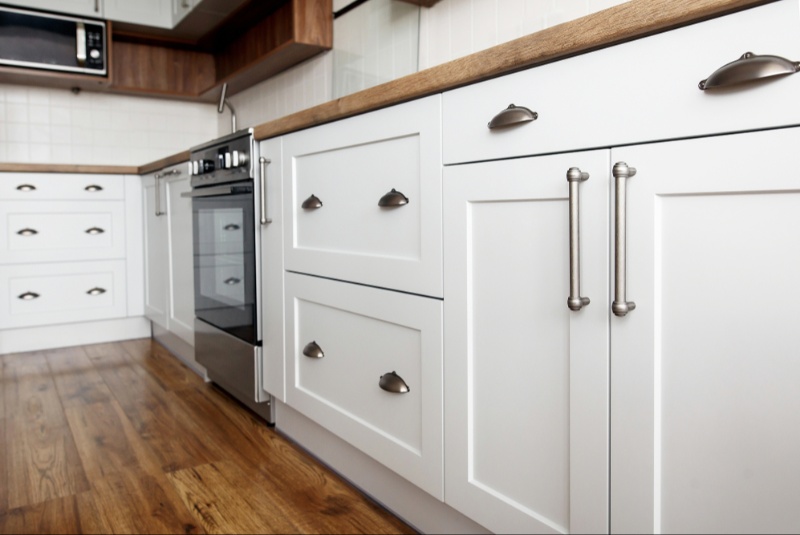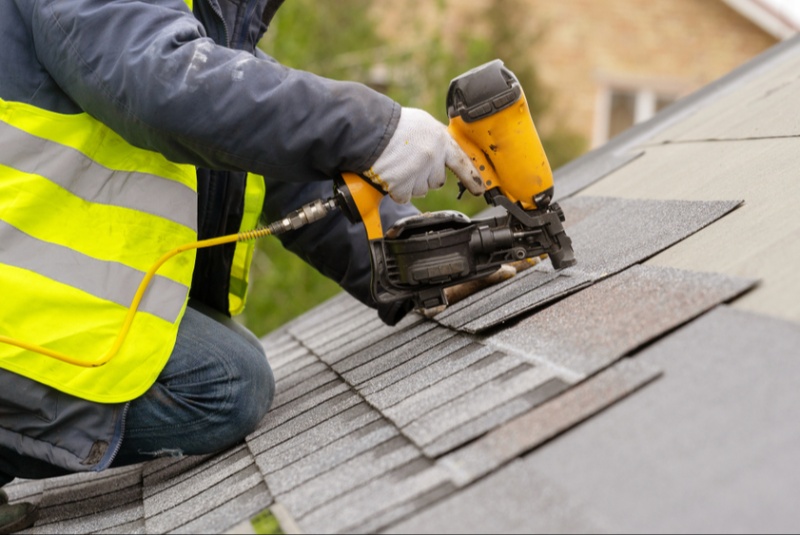Electricity bills often take up a significant portion of a household's monthly budget, leaving many people searching for ways to cut costs. High electricity costs not only weigh on your pocket but also have a larger environmental impact. The good news is that saving on your electricity bill doesn't require drastic lifestyle changes. Here are some practical tips that can help you reduce your electricity consumption, saving both money and the planet.
Invest in Energy-Efficient Appliances
When it's time to replace home appliances, opt for energy-efficient models. These consume less power and could save you a substantial amount of money over their lifetime. Look for ENERGY STAR labels when buying new appliances to ensure you're getting the most energy-efficient option available.
Switch to LED Bulbs
One of the easiest ways to cut costs is by replacing incandescent bulbs with LED lights. LEDs consume about 75% less energy and last 25 times longer, which means you'll spend less on both electricity and replacements.
Use Smart Power Strips
Devices like TVs, computers, and gaming systems continue to consume power even when they're turned off, commonly known as 'phantom load.' Smart power strips cut off power to these devices when they're not in use, reducing unnecessary energy consumption.
Program Your Thermostat
A programmable thermostat can automatically adjust the temperature when you're away or sleeping, reducing energy use without sacrificing comfort. For every degree you lower your heat or raise your air conditioning, you can save up to 1% on your energy bill.

Unplug and Switch Off
Remember to unplug chargers and small appliances when not in use. This simple habit can make a noticeable difference over time. Turn off lights, fans, and other electrical items when you leave a room.
Use Natural Light and Ventilation
Make the most of natural light during the day instead of relying on artificial lighting. In cooler months, open windows to allow fresh air to circulate, reducing the need for both air conditioning and heating.
Limit the Use of High-Consumption Appliances
Appliances like dryers, ovens, and air conditioners consume a lot of electricity. Limit their usage to essential needs and specific times of the day when electricity is cheaper. If possible, air-dry your clothes and use a microwave or toaster oven for small meals.
Seal and Insulate
Insulate your home well to keep it warm in winter and cool in summer. Check for drafts around doors and windows, and use weatherstripping or caulking to seal them. Well-insulated homes require less energy for heating and cooling, leading to significant cost savings.
Adopt Renewable Energy Sources
If you have the means, installing solar panels or wind turbines can drastically reduce your electricity bill. Although the initial investment can be high, the long-term benefits, including potential tax credits, can make it worth the expense.
Regular Maintenance
Keep your appliances in top shape by performing regular maintenance. Clean filters and vents to ensure that your heating, cooling, and ventilation systems run efficiently. This not only prolongs the life of your appliances but also reduces energy consumption.
Monitor and Audit
Finally, monitor your energy usage by keeping track of your monthly bills. Many utility companies provide online tools that allow you to see your consumption patterns. Consider having an energy audit to identify additional areas for improvement.
Implementing even a few of these tips can result in noticeable savings on your electricity bill. The key is to be consistent and make energy efficiency a part of your daily life. By doing so, you not only save money but also contribute to a more sustainable future.




